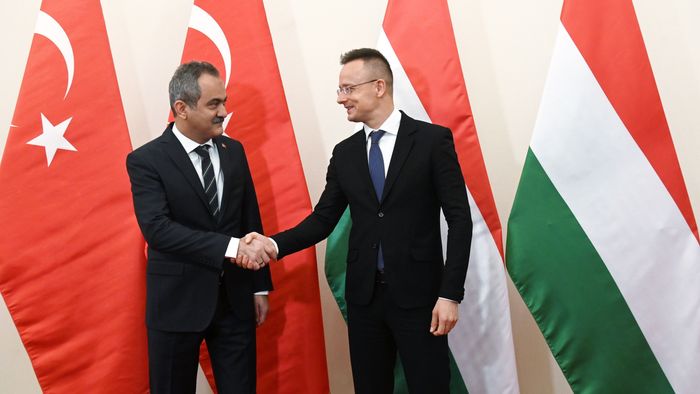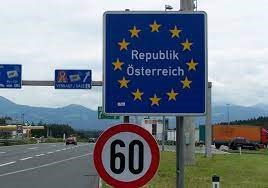The government's strategic goal is for Hungarian higher education to be competitive at the international level, and for this it is necessary for our country to be attractive to foreign students as well, stated Minister of Foreign Affairs and Trade Péter Szijjártó on Friday in Budapest.
According to the ministry's statement, the head of the department reported at a joint press conference with the Turkish Minister of Education Mahmut Özer that the government has been working hard on the modernization of higher education at the international level since 2010, and the result of this is clearly demonstrated by the fact that Hungary ranks 12th among Turkish students. has become the most popular study abroad destination.
He underlined that more than a thousand Turkish students are studying in our country this year, sixteen Hungarian universities have Turkish partners, among them there is a constant exchange of instructors and students, there is a Turkology major in two institutions, while you can study Hungarianology at Ankara University.
He added: according to the plans, the cooperation will be extended to secondary education as well, which could lead to an improvement in the quality of vocational training.
The parties have signed a higher education cooperation agreement for the period 2023-2025, and within the framework of this, the government will increase the number of scholarship places available to Turkish students from 150 to 200 per year, and, reflecting the challenges of today, this will also include the fields of medical and nuclear training .
Péter Szijjártó called the Hungarian-Turkish relationship of strategic importance, especially nowadays, during the war in Ukraine.
"When we are surrounded by an uncertain environment from all aspects, predictable partnership and reliable cooperation with countries with strong regional power are of great importance," he stated.
He emphasized that Turkey was so far the only country that was able to take "promising steps towards peace" by concluding the agreement on the resumption of grain deliveries to Ukraine.
In response to a journalist's question about the Erasmus case, the minister stated that he sees "new symptoms of Hungarianophobia beginning to appear" in the European Commission, and described the suspension of funds intended for foundation-owned Hungarian universities as "a decision without any basis, outrageous and to be rejected".
Speaking about the planned radical increase in the transit fees for oil shipments in Croatia, he said that Mol had concluded a temporary three-month agreement in this matter, and it is hoped that a fair agreement will be reached during this time. If not, the government will direct the issue to the European level, he emphasized.
Source and full article: Felvidek.ma
Featured image: MTI













